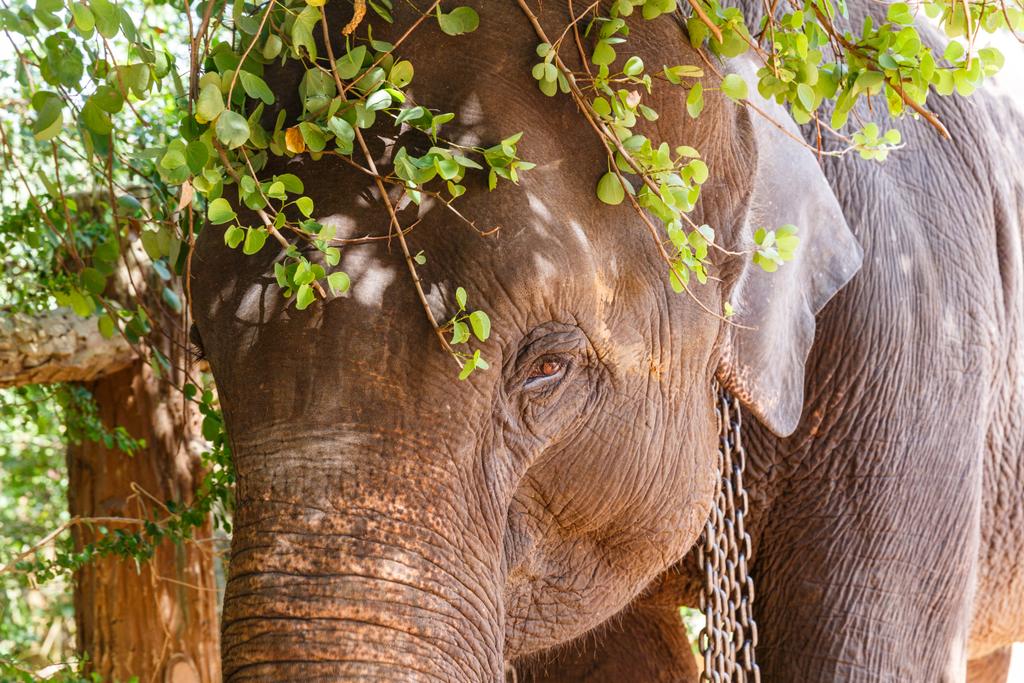The trend towards exclusive fine coffees continues: After “Kopi Luwag”, the coffee produced in Vietnam and Indonesia, which gets its special taste from the digestion of viverrid cats, which eat the beans and then excrete them, there is now “Black Ivory” – ” black ivory”. The variety obtained in Thailand, on the other hand, migrates through the digestive tract of much larger animals. As the name suggests, in this case elephants are the purveyors of good taste. The Golden Triangle Asian Elephant Foundation runs the production of the luxury coffee in Chiang Saen, in northern Thailand, on behalf of the Canadian Blake Dinkin, where former working elephants are kept as part of a sanctuary. This “retirement home” has set itself the task of offering the animals a protected habitat. A mahout, a caretaker, is responsible for each pachyderm, who takes care of the care and food of the respective elephant. The process for obtaining the “Black Ivory” is a lengthy one: the Arabica beans harvested at 1500 meters are processed in a mixture of fruit and rice for the animals and fed to them. Some of the beans eaten in this way, however, are chewed up by the elephants.
Around 33 kilos of raw beans are therefore required for one kilo of “Black Ivory”. The animals allegedly do not feel the effect of the caffeine, as this can only unfold when the finished coffee is brewed, it is said. The coffee doesn’t harm the elephants otherwise, according to John Roberts of the Elephant Foundation. During the digestive process, special proteins contained in the beans are broken down in the stomach of the pachyderm, which ultimately decomposes and reduces the bitter substances in the coffee. This is also the reason for the particularly mild, almost flowery taste of the coffee. The beans take about a day to cross the elephant’s gastrointestinal tract. When the animals excrete them, the beans are painstakingly harvested from the dung by the mahouts and their families.
The precious commodity must then be washed, dried and roasted. Of course, this complex process has its price: a cup of the fine coffee variety costs around 34 euros. For a kilo of “Black Ivory” the connoisseur has to shell out around 850 euros. This year they received a good 50 kilograms of coffee produced in this way, but this turnover should be increased in the next few years.

